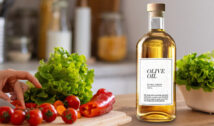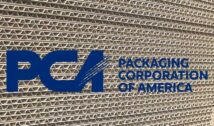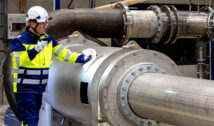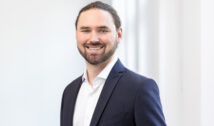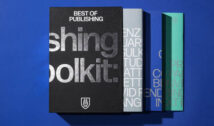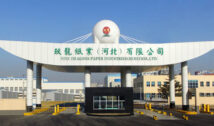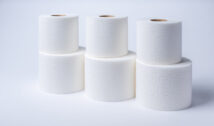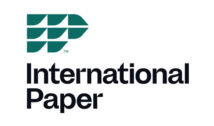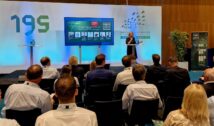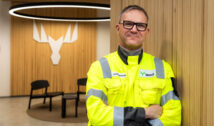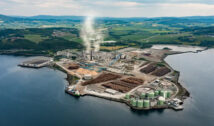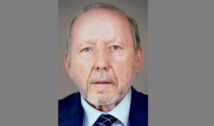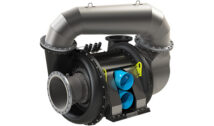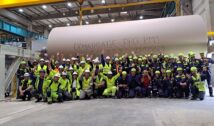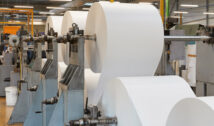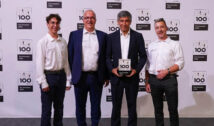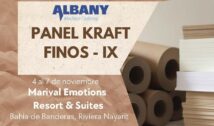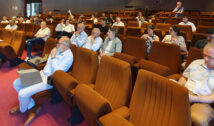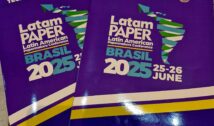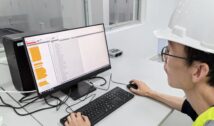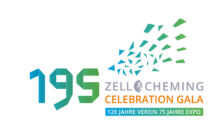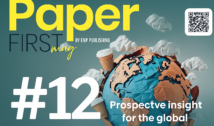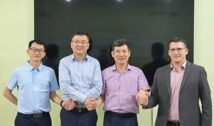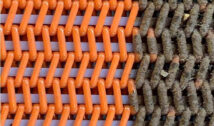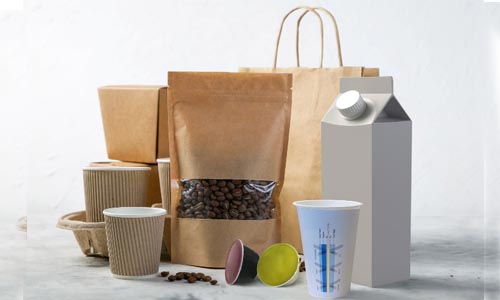
KURARAY POVAL is joining Kuraray’s EVAL and Plantic business units and getting involved in the CEFLEX consortium to build a more efficient circular economy. Every year, industry around the world produces 78 million tonnes of plastic packaging. Only 14 percent of this is recycled according to the Ellen MacArthur Foundation, a UK-based organization that promotes the circular economy. More than 180 companies from various sectors worldwide have therefore come together in the CEFLEX consortium to significantly increase the proportion of flexible food and nonfood packaging that is recycled in Europe. KURARAY POVAL is the initiative’s latest partner. Kuraray is a global speciality chemicals producer with European headquarters in Hattersheim, Germany. The KURARAY POVAL PVOH business is the third Kuraray business unit to become involved in this initiative – along with the EVAL EVOH business unit and the Plantic brand of bioplastics. EXCEVAL AQ-4104, a biodegradable PVOH coating raw material marketed by KURARAY POVAL, is a solution that improves the recyclability of packaging materials.
“The CEFLEX consortium offers us the opportunity to work with our customers in the packaging and food industries to develop high-performance packaging materials that are easy to recycle. That enables us to make a key contribution to reducing packaging waste and protecting the climate and our environment,” says Heiko Mack, Head of POVAL Business at Kuraray.
As a leading speciality chemicals producer, Kuraray supplies starting products for high-performance, recyclable packaging for a wide variety of applications. “One example is our PVOH coating EXCEVAL AQ-4104. This ethylene vinyl alcohol copolymer, which is biodegradable in water, gives packaging materials such as plastic and paper an excellent barrier to oxygen, grease and oil. As it is an aqueous solution, coatings are easy to apply. Since it does not contain chlorine or solvents, it meets the stringent requirements for direct food contact uses.”
The cross-sector CEFLEX consortium was founded in 2017 to create an efficient and sustainable circular economy for flexible packaging in Europe: from collecting used packaging, sorting and reprocessing the materials to developing materials and recycling them in packaging. Today, about 180 companies – including raw material producers, converters, brand owners and recycling firms – are working together on solutions for a circular economy.


